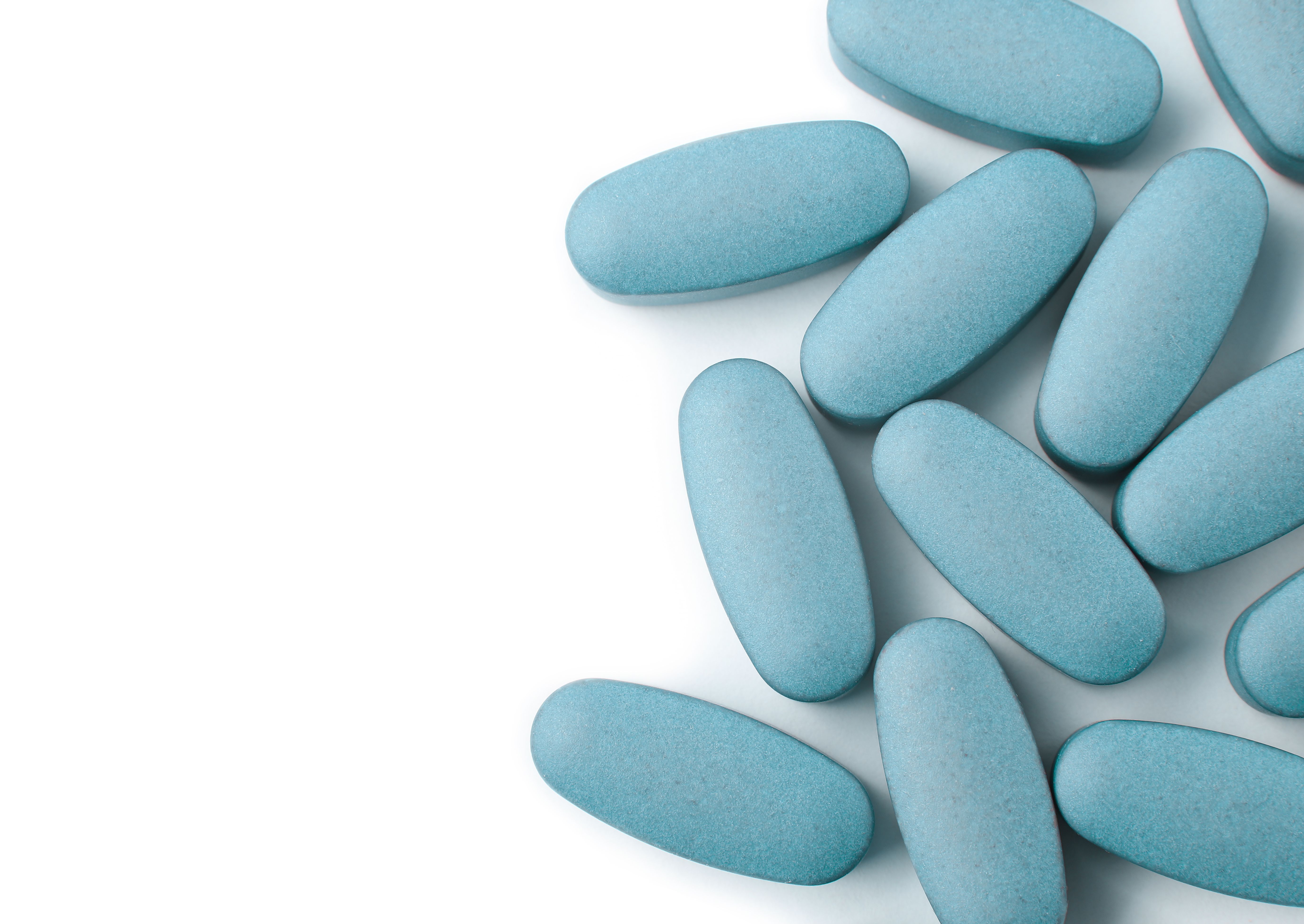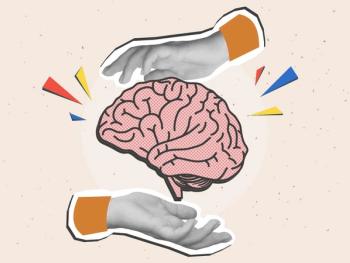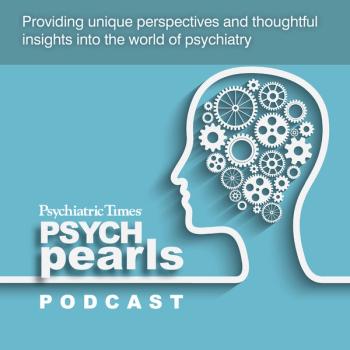
Mood Disorders
Latest News
Latest Videos

Podcasts
CME Content
More News

New research reveals ART12.11, a cannabidiol:tetramethylpyrazine cocrystal, significantly enhances mood regulation, outperforming traditional cannabidiol in treating mood and anxiety disorders.

Explore the complex interplay of genetics, environment, concussion, substance abuse, and inflammation in severe mental illnesses, revealing critical insights for prevention and treatment.

OpenAI acknowledges ChatGPT's risks to psychiatric patients and commits to improving safety measures, but skepticism about their sincerity remains.

Antidepressant treatment for late-life depression enhances cognitive functions like memory and learning, linking symptom relief to cognitive improvement.

AI chatbots pose significant mental health risks, often exacerbating issues like suicide, self-harm, and delusions, highlighting urgent regulatory needs.

Dysphoric milk ejection reflex (D-MER) causes brief emotional distress during breastfeeding, often misdiagnosed as postpartum depression, requiring better awareness and support.

Research reveals significant risks of neonatal complications linked to in utero valproic acid exposure, emphasizing the need for careful management during pregnancy.

Valproic acid poses significant risks during pregnancy, including congenital malformations and neurodevelopmental disorders, necessitating careful treatment planning.

A groundbreaking study links antibiotic exposure to increased depression risk in adolescents, highlighting urinary analysis as a potential screening tool.

GLP-1 receptor agonists emerge as potential game-changers in psychiatric treatment, targeting mental disorders and improving cognitive function.
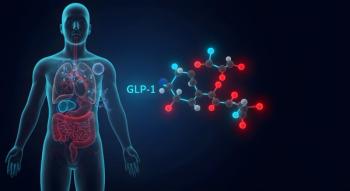
Roger S. McIntyre, MD, FRCPC, shares the backstory and pharmacology of incretins to better understand the role of GLP-1 RAs in psychiatry.

NRx Pharmaceuticals advances NRX-100, a preservative-free ketamine, through a fast-tracked FDA review for treating suicidal depression and PTSD.

New research reveals the complex relationship between ADHD and bipolar disorder, highlighting genetic overlaps and treatment considerations for effective management.
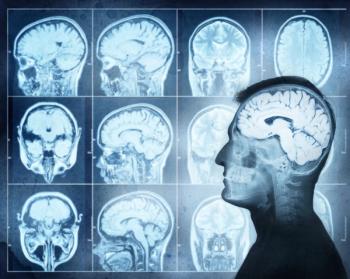
Given that individual differences exist regarding the effects of brain injury and gaps persist in the treatment continuum, challenges arise in treating individuals with acquired brain injury. Addressing these challenges can improve patient outcomes.

How should clinicians approach treatment when their patient disagrees with the diagnosis?

Here are 10 things to consider when treating a patient with mood disorders.

Learn more about the latest research on bipolar disorder, including the impacts of childhood trauma on its development and the correlation between bipolar disorder and cardiovascular risk.

Bipolar disorder is both underdiagnosed and overdiagnosed—though missing the diagnosis is more common. Check out this update from David N. Osser, MD.

Check out these top 10 best practices for treating patients with mood disorders.

The presentation of catatonia can vary, making its management challenging, particularly in resource-limited settings in South Africa.
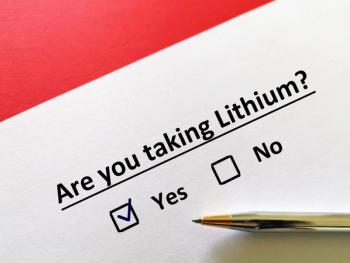
A systematic review and meta-analysis showed moderate-quality evidence supporting lithium’s ability to lower mortality rates.

Learn more about a specific subset of mood disorders.
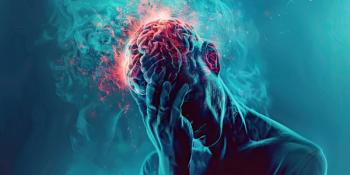
A new collaboration to address sleep disturbances associated with cognitive impairment, an unmet need.

A refined rTMS protocol, the Stanford Accelerated Intelligent Neuromodulation Therapy for major depressive disorder, shows promise in bipolar disorder.

The context and timing of symptoms is critical for a timely and accurate bipolar diagnosis.


